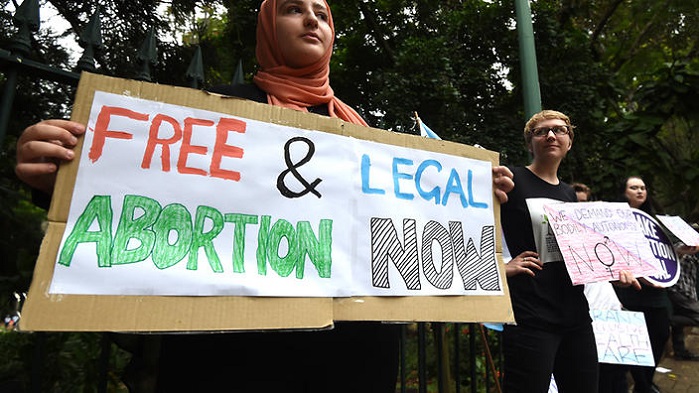California colleges soon could be forced to hand out dangerous abortion drugs to their students.
The bill to turn colleges into abortion facilities passed a legislative committee Tuesday, moving it a step closer to a full Assembly vote, the Daily Californian reports. It passed the state Senate in January.
State Senate Bill 320, sponsored by Sen. Connie Leyva, a Democrat, would require California public universities and community colleges to provide abortions drugs up to 10 weeks of pregnancy at their student health centers. It also would require the taxpayer-funded schools to cover the cost of the abortions in their student health insurance plans. If passed, the pro-abortion mandate would go into effect in 2020.
The bill has several more committee hurdles before it can reach the state Assembly, and pro-life groups have been working hard to expose the dangerous legislation.
Kristan Hawkins, president of Students for Life of America, warned of the dangers of the bill for both unborn babies and young mothers.
“This push to reconfigure the life-saving, health affirming purpose of school health centers into abortion vendors goes against the mission of the medical centers and exposes women and the schools to great risk,” Hawkins said. “We know that women have died taking such drugs, a danger and liability that the school health centers are not prepared to confront …”
Supporters of the legislation said they want to increase access to abortion for college women, the age group most likely to have an abortion.
“We live in California, (which) is very friendly towards abortion … but the reality is accessibility is much more of an issue,” said Adiba Khan, a Students United for Reproductive Justice leader who helped write the bill. “Even if people have a right to it, they might still have problems with access.”
Initially, the California public colleges and universities opposed the bill because of safety concerns and liabilities. Their position now is neutral.
Some of the concerns are that college health centers do not have the equipment to provide abortions. Ultrasounds are vitally important in determining an unborn baby’s gestational age and the possibility of an ectopic pregnancy, but college health centers typically do not have the expensive machines.
PRO-LIFE COLLEGE STUDENT? LifeNews is looking for interns interested in writing, social media, or video creation. Contact us today.
Most college health centers also are not open in the evenings or on weekends, so they would not be able to treat complications either. According to the FDA, complications from the abortion drugs include excessive bleeding, infection, incomplete abortions requiring surgery and even death of the woman.
The abortion pills are responsible for the deaths of millions of unborn babies and dozens of women worldwide; and they have injured at least 1,100 women in the United States, as of 2006 figures from the FDA. A Planned Parenthood study admits at least one woman is seriously injured from the abortion pills daily.
If the bill becomes law, California would be the first state to force public universities to provide abortions to students. Abortion activists hope the bill will become “a model across the country, for every state.”
California laws already are some of the most hostile to unborn babies in the world. Late-term, elective abortions are legal, and girls as young as 12 can get an abortion without a parent’s knowledge or permission.
The state forces taxpayers to fund abortions through Medi-Cal, and allows non-doctors to perform abortions. It also forces pro-life pregnancy centers to advertise free and low-cost taxpayer-funded abortions to clients, though pregnancy centers are challenging the law at the U.S. Supreme Court.








